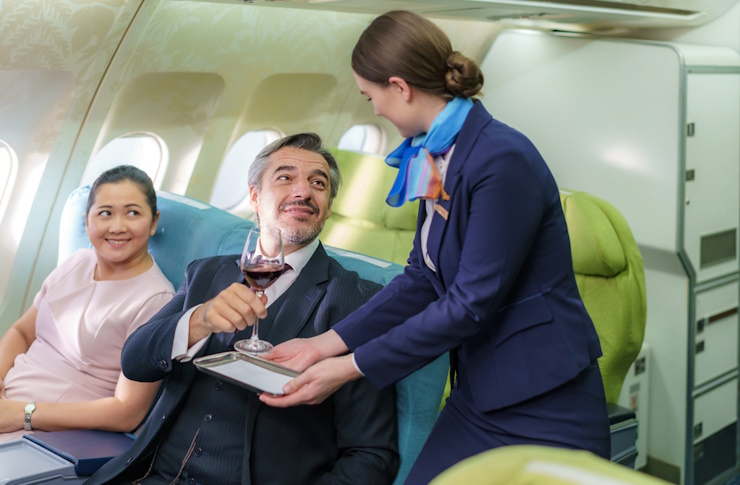Flight Attendant Careers: Private Jet, Luxury & Aviation Roles
A flight attendant job can take you from commercial airliners to private jet cabins, blending service, safety, and travel. Whether you’re drawn to the fast pace of airlines or the bespoke world of luxury private aviation, the role demands professionalism, strong communication, and adaptability. This article explains what these roles involve, how they differ, and practical steps to build a rewarding aviation career.

What does a flight attendant do?
A flight attendant’s core responsibilities combine passenger safety with onboard service. Safety duties include pre-flight checks, demonstrating safety procedures, and managing emergencies. On the service side, attendants handle cabin service, meal and beverage delivery, and passenger comfort. In private jet settings, the role often expands to include tailored hospitality, coordination with ground teams, and discreet service. Strong situational awareness, calm under pressure, and excellent interpersonal skills are essential across all aviation environments.
How do private jet roles differ from airline jobs?
Private jet flight attendant roles typically focus on personalized, high-touch service for small groups or individual clients. Schedules are often more variable, with on-call duties and irregular travel patterns. Unlike commercial aviation, private jet attendants may plan menus, source specialty items, and handle client-specific requests, while also following safety regulations. The work can demand greater discretion, privacy awareness, and flexibility, as clients may expect bespoke experiences that reflect a luxury standard.
Which aviation skills matter most?
Technical and soft skills both matter in aviation. Attention to regulatory training, such as emergency procedures and first aid, is foundational. Technical proficiency with safety equipment, evacuation protocols, and communication systems is required. Soft skills—clear communication, cultural sensitivity, conflict resolution, and service etiquette—shape passenger experience. Language skills and knowledge of international procedures help on global routes. Continuous learning and recurrent training keep attendants current with evolving safety standards and industry expectations.
How can you develop a sustainable career?
Building a long-term career in aviation means combining certification, experience, and networking. Start with basic cabin crew training and any country-specific certifications. Gain experience on different aircraft types when possible, and seek cross-training opportunities (e.g., safety instructor or purser roles). Professionalism, punctuality, and relationship-building with crew and employers increase mobility between airlines and private operators. Consider additional training in hospitality or languages to stand out for luxury and private jet positions.
How does luxury travel shape daily duties?
Luxury travel emphasizes customization, discretion, and premium service quality. Daily duties can include curated meal preparation, managing specialized requests (dietary, medical or entertainment), coordinating with caterers and ground teams, and ensuring seamless client experiences. Attention to detail—such as fine dining presentation and maintaining privacy—is paramount. Luxury roles often require heightened etiquette, style awareness, and the ability to anticipate client needs without compromising safety or operational protocols.
Before the provider table, here are a few real industry employers and operators where flight attendants can find roles. These range from private jet operators to major airlines and illustrate the breadth of aviation opportunities.
| Provider Name | Services Offered | Key Features/Benefits |
|---|---|---|
| NetJets | Fractional private jet ownership, charter | Large fleet, global reach, structured crew programs |
| VistaJet | Global private jet charter and membership | Bespoke service, long-range international flights |
| Flexjet | Fractional ownership and charter | Personalized client experience, varied aircraft types |
| Emirates | International commercial airline services | Large-scale cabin operations, extensive training programs |
| Delta Air Lines | Commercial airline passenger services | Diverse routes, career progression opportunities |
Conclusion
A flight attendant career offers varied paths across commercial airlines, private jet operators, and luxury travel services. Each setting emphasizes a mix of safety expertise and customer service, with private jet roles leaning heavily toward tailored, high-end hospitality. Invest in formal training, build hands-on experience, and cultivate soft skills to advance. With adaptability and professionalism, flight attendants can develop fulfilling careers that combine travel, service, and aviation expertise.






